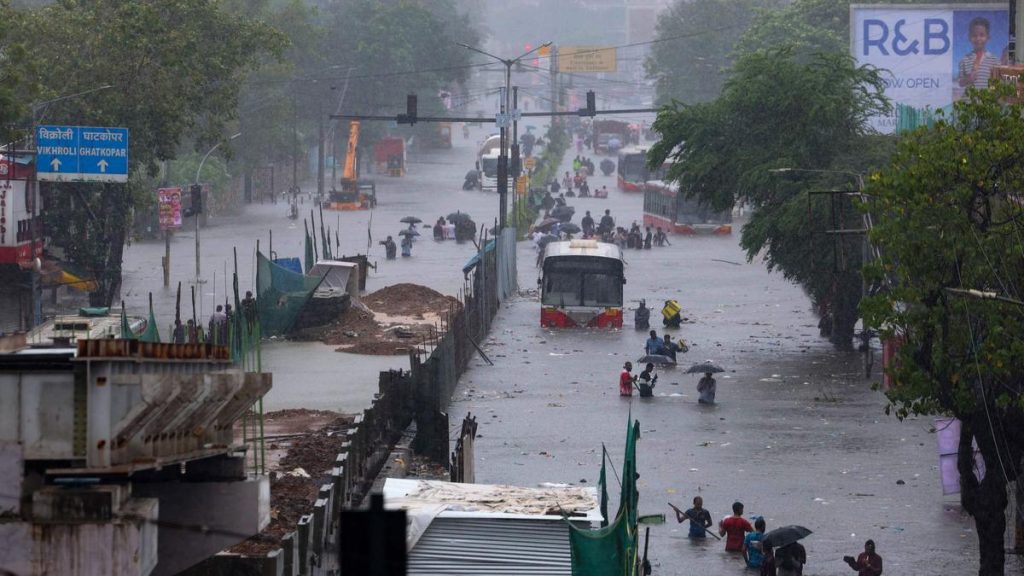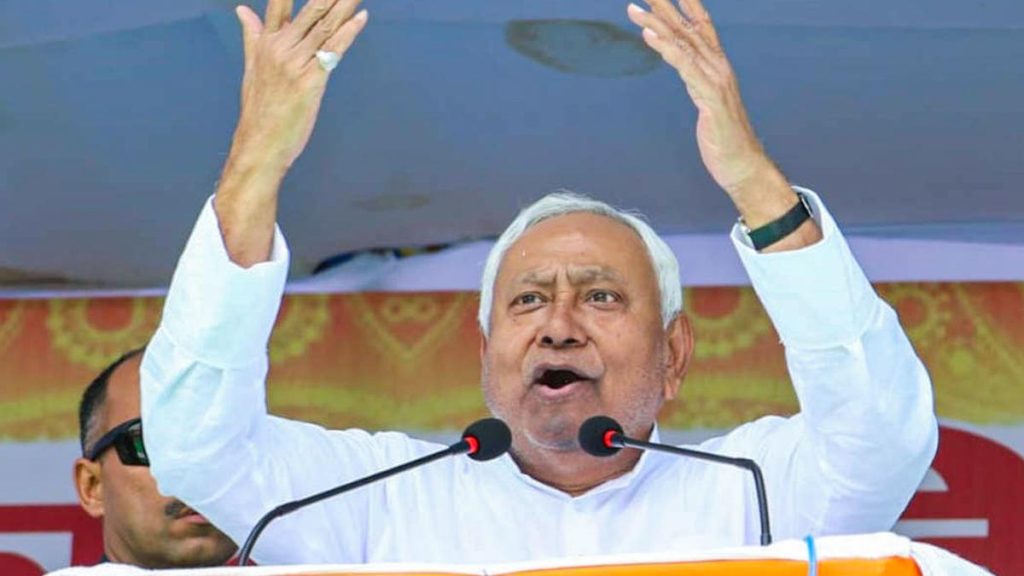Now Reading: GBG Act 2024 Outperforms BBMP Act 2020 but Leaves Gaps: Janaagraha
-
01
GBG Act 2024 Outperforms BBMP Act 2020 but Leaves Gaps: Janaagraha
GBG Act 2024 Outperforms BBMP Act 2020 but Leaves Gaps: Janaagraha

Rapid Summary
- Janaagraha Center for Citizenship and democracy evaluated the Greater Bengaluru Governance (GBG) Act, 2024, scoring it 3.4 out of 10 on the Annual Survey of India’s City-Systems (ASICS).
- The GBG Act shows minor improvement over the BBMP Act, 2020, yet falls short in addressing crucial reforms Bengaluru requires.
- The draft GBG Bill, 2024, prepared by the Brand Bengaluru Committee scores higher at 6.8 but was rejected in favor of a less reformative version.
- ASICS assesses governance proposals based on urban planning/design criteria: urban capacities/resources; empowered political depiction; openness; accountability/participation.
- Key critique points: limited advances in municipal finance/staffing and deficiencies in planning, leadership empowerment, and citizen involvement.
- Recommendations by Janaagraha include:
– Holding elections by March 2026,
– Public consultation within six months to establish rules for mayoral elections, ward committees’ operations, budget preparation/accounting,
– Formation of a Bengaluru metropolitan Planning Committee.
- Proposed amendments to strengthen governance include:
– Establishing a full-term Mayor-in-Council system,
– Empowering ward committees with funds/planning authority,
– Mandating neighborhood-level area sabhas for citizen engagement,
– Enhancing financial/administrative autonomy for city bodies,
– Increasing transparency through open data standards/live-streamed meetings.
Indian Opinion Analysis
The evaluation highlights important shortcomings in the implementation of the GBG act compared to its draft version proposed by the Brand Bengaluru Committee. While some progress has been achieved over earlier legislations like BBMP Act (2020), crucial aspects such as decentralized decision-making processes and citizen participation remain insufficiently addressed. Janaagraha Centre’s recommendations emphasize practical measures aimed at empowering local governance structures while promoting inclusivity through mechanisms like area sabhas.
This analysis strikes at deeper issues plaguing urban governance frameworks across Indian cities-namely fragmented authority and limited accountability-which obstruct responsive policymaking tailored to dynamic urban environments like Bengaluru. Reforms that imbue city corporations with financial or administrative independence could set benchmarks for participatory democracy at municipal levels across India. Though, resistance from entrenched political interests against provisions favoring decentralization underscores challenges tied to institutional inertia.
India faces mounting pressure globally and domestically to optimize urban management amid rapid expansion; hence discussions around systemic change such as those proposed here will likely have ripple effects beyond Karnataka’s capital.Read More: link

























